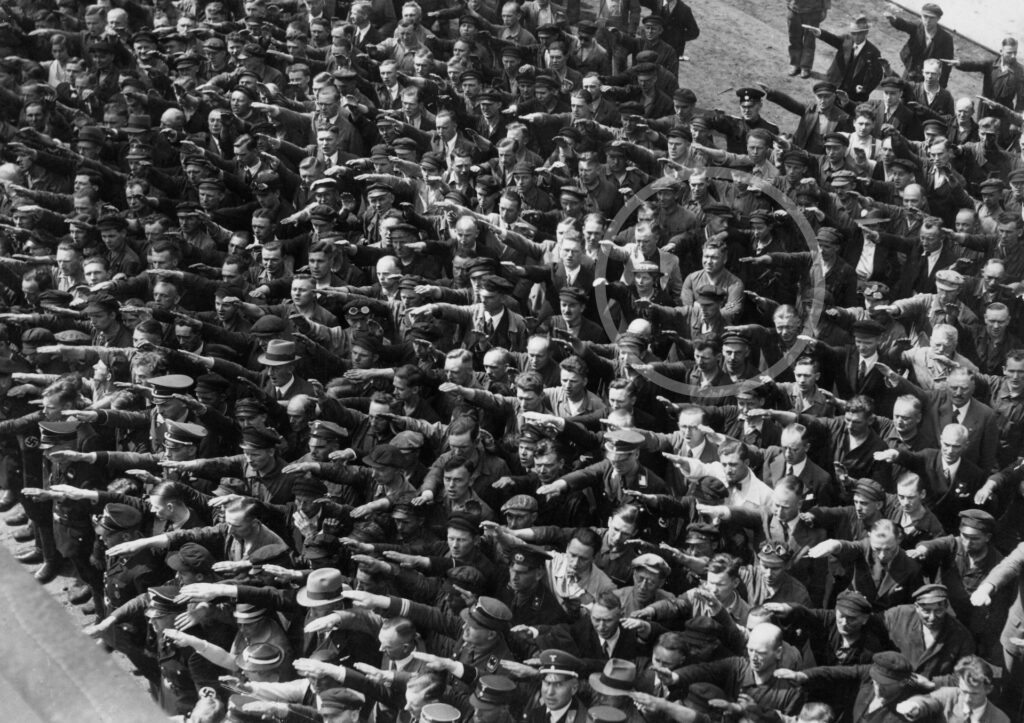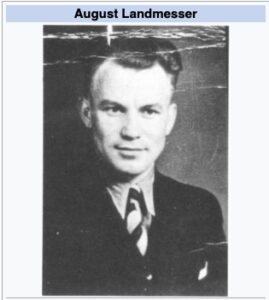The “Small” Things of the Past

I was minding my own business yesterday when a Swedish book publishing company asked whether it could use one of my photos (that it found on Flickr) on the cover of a new book. It's a photo I took at the Grand Canyon in 2014. The day I took this photo seems so long ago now. I have had a few other requests like this. I'm happy to make my photos available for small projects without payment, asking only for attribution. This delightful request reminded me an important principle: There is often a long time lag between the things we do and the moments where those little things gain greater meaning. Almost everything difficult that I do today would have been impossible without years or decades of cultivating friendships, work-relationships, skill-sets and hard-earned experience. That's because "compounding" is at play far outside of the financial realm. Compounding is one of the most important and least appreciated principles in our lives. Many of my recent happy occurrences are built off off dozens or hundreds of little things, many of them far in the past. It's not easy to see where the things we do today will lead. It might be worth our time to celebrate all the moments in our lives, including the small moments.


 perspective of the mass of humanity. And what I've learned is that no matter how far I've gone from our own country, right next door to Canada or Mexico, or halfway around the globe, no matter how different the people I encounter may be--they don't look like me, they don't speak my language, they don't worship as I do, or whatever. I always conclude, at the end of the day, that we all are human beings. And as such, we all want the same five core values in our lives. Everybody wants to be loved. Everybody wants to be respected. Everybody wants to be heard. We all want to be treated fairly. And we all basically want the same things for our family as anybody else wants for their family.
perspective of the mass of humanity. And what I've learned is that no matter how far I've gone from our own country, right next door to Canada or Mexico, or halfway around the globe, no matter how different the people I encounter may be--they don't look like me, they don't speak my language, they don't worship as I do, or whatever. I always conclude, at the end of the day, that we all are human beings. And as such, we all want the same five core values in our lives. Everybody wants to be loved. Everybody wants to be respected. Everybody wants to be heard. We all want to be treated fairly. And we all basically want the same things for our family as anybody else wants for their family.

